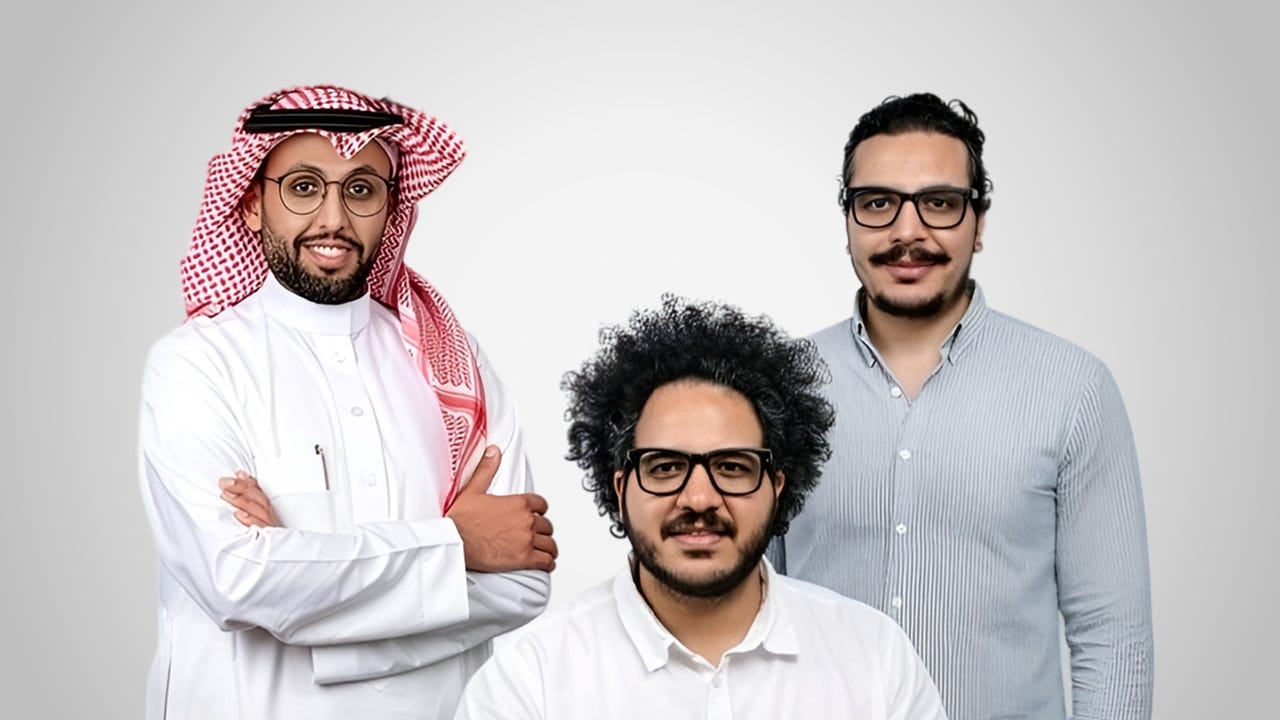Velents raises $1.5 million for Arabic AI employee platform
AI Agent handles voice and text interactions simultaneously
#SaudiArabia #funding - Saudi Arabia and Egypt-based enterprise AI solutions provider Velents.ai has raised $1.5 million from angel investors including executives from US technology company Google and international consulting firm BCG, coinciding with the launch of Agent.sa described as the first fully integrated Arabic-speaking AI employee. Founded in 2020 by Mohamed Gaber and Abdulaziz Almuhaydib, Velents originally focused on recruitment automation before relaunching in 2023 with AI-driven digital solutions. The company now serves clients across Egypt and Saudi Arabia, including government ministries, private enterprises and universities. The Agent.sa autonomous AI agent operates in Arabic and regional dialects, handling phone calls, WhatsApp conversations, customer request tracking, task execution and data analysis.
SO WHAT? - Velents.ai’s Agent.sa is the latest of a new generation of Arabic-first GenAI platforms that address the gap in Arabic language AI solutions. Unlike some other platforms, Agent.sa can answer phone calls, manage WhatsApp conversations, track customer requests, execute tasks, and analyze data in Arabic, without the need for translation layers. The new platform also aligns with Egyptian and Saudi data protection laws and regulatory environments. In Saudi Arabia, data is stored within the Kingdom, while in Egypt, all operations remain within national borders.
Here are some key details about Valents.ai:
Saudi Arabia and Egypt-based enterprise AI solutions provider Velents.ai has raised $1.5 million from angel investors including execs from Google and consulting firm BCG. The funding will support AI infrastructure scaling and product adoption ahead of the planned early 2026 funding round.
The company has also launched an Arabic-first ‘AI employee’ Agent.sa, which operates as a fully autonomous AI employee fluent in Arabic and regional dialects. The platform is capable of handling voice and text interactions across WhatsApp, Telegram and Instagram, plus data analysis, order tracking and operational task execution in localised Arabic.
Agent.sa is built on a proprietary Arabic language model trained on millions of texts and conversations across diverse dialects, ensuring compliance with local data protection laws through in-country data storage in Saudi Arabia and Egypt.
The platform targets industries including banking, telecommunications, logistics and healthcare, positioning the AI agent as a transformative solution for organisations seeking to enhance productivity whilst maintaining Arabic-language customer interactions without human translation requirements.
The platform enables companies to create customised AI employees in under five minutes, trained directly on internal files and data, with configurable voice, dialect, communication style and tone matching company preferences and brand identity.
Agent.sa integrates with over 20 systems including payment gateways such as HyperPay, Fawry and FayTab and customer relationship management platforms such as Oracle, SAP and ZOHO for seamless deployment. Able to operate 24/7, the platform is built to handle thousands of customer interactions simultaneously across multiple channels.
Valents currently serves clients across Egypt and Saudi Arabia including Saudi Arabia government entities such as the Ministry of Communications and Information Technology, employment services agency Takamol, digital entrepreneurship centre Centre of Digital Entrepreneurship, National Information Technology Academy, Ministry of Human Resources and Social Development, and Ministry of Tourism.
Velents was founded in 2020 by Mohamed Gaber and Abdulaziz Almuhaydib, with an initial focus on recruitment automation using smart interview tools. In 2023, the company pivoted to a broader remit of AI-driven digital solutions supporting customer service, sales, quality assurance and technical support.
ZOOM OUT - Arabic language AI development has accelerated significantly over the past 18 months as regional governments and investors recognise strategic importance of locally-developed language models. As a result, there has been an increase in the number of startups building platforms that can converse in local Arabic dialects effectively, rather than rely on Modern Standard Arabic (MSA).
[Written and edited with the assistance of AI]


